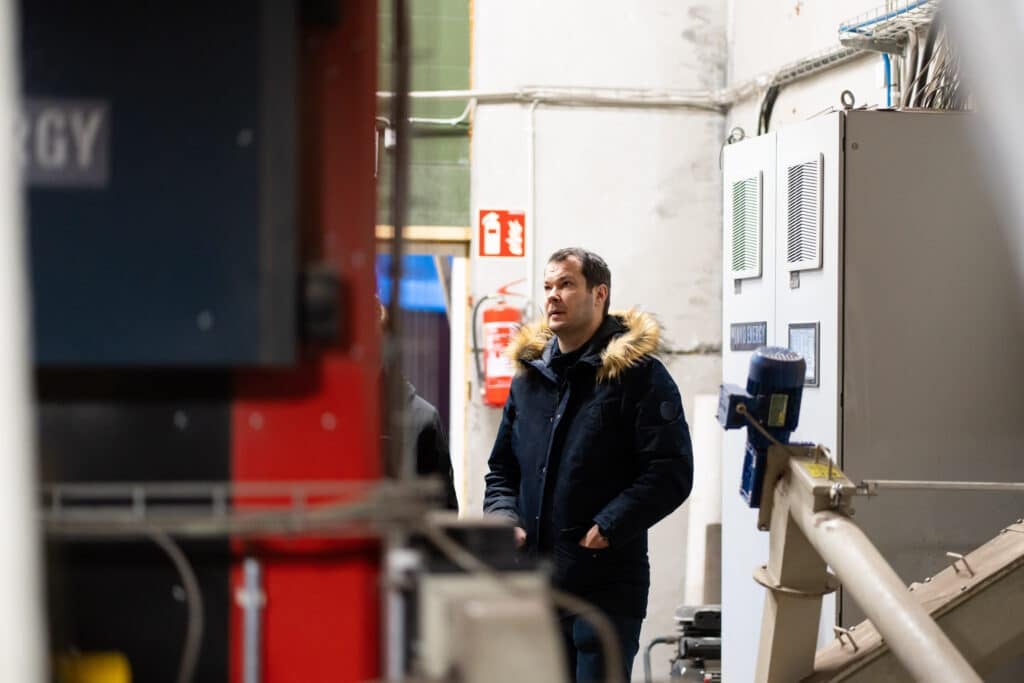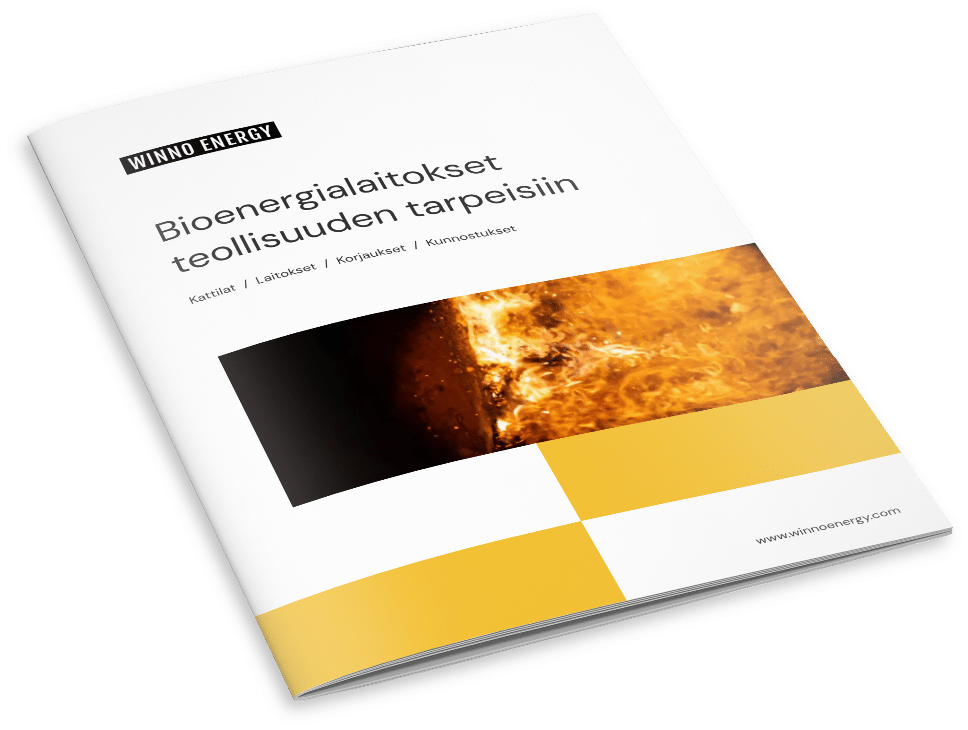In today’s world, manufacturers are facing significant challenges when it comes to managing heat energy demands. With rising temperatures and increased reliance on technology, the need for efficient heat management has never been greater. This article will explore the strategies being developed by manufacturers to address these challenges, from utilizing new materials to investing in advanced systems. Additionally, this article will examine how these strategies can be implemented in order to reduce energy waste and maximize efficiency.
Challenges Faced by Manufacturers: higher operation costs and lower profitability
Manufacturers face a range of challenges when it comes to tackling heat energy demands. Two of the most prominent issues are higher operation costs and lower profitability. As manufacturers strive to increase production, their energy needs often outpace ability to pay for them. This puts a strain on operating budgets, resulting in escalating costs and diminishing profits.
The problem is compounded by an increasingly competitive market and fluctuating demand levels due to global economic conditions. Manufacturers must find ways to reduce expenses without sacrificing output quality or increasing prices too much, which can be difficult during periods of uncertainly and instability. In addition, they must grapple with environmental regulations and rising carbon emissions that can further add to operational costs while reducing their bottom line.
To remain competitive in this climate, manufacturers must look beyond traditional approaches towards innovative solutions that help control costs while still meeting customer expectations and staying compliant with regulations.

How to replace fossil fuels to local solid fuel sources which are widely available
The transition from fossil fuels to local solid fuel sources has become increasingly important for manufacturers in recent years. This shift is necessary for the industry to reduce its environmental impact and control rising energy costs. There are several strategies that can be deployed to make this transition, such as sourcing local renewable resources and developing an efficient combustion process. Replacing traditional fossil fuels with these alternative sources requires careful consideration of the available options and potential impacts on heat demand within the manufacturing sector.
One of the most cost-effective alternatives to traditional fossil fuels is locally sourced solid fuel sources, such as wood chips, sawdust or biomass pellets. These materials are widely available in many areas around the world, making them a viable option for manufacturers looking to reduce their reliance on fossil fuels while still meeting their energy needs.

Different Strategies for Tackling Heat Energy Demands In Manufacturing Industry
As heat energy demands continue to increase in the manufacturing industry, manufacturers are exploring new strategies to reduce their energy consumption. With a greater focus on sustainability and cost-savings, companies are turning to innovative approaches that go beyond traditional methods of heat energy management.
One popular strategy is the use of combined heat and power (CHP) systems. CHP systems use solid fuels or other fuels to generate electricity and thermal energy at the same time, making them more efficient than traditional power plants. Additionally, they can be used as stand-alone units or integrated into existing infrastructure. This makes them ideal for providing reliable and cost-effective sources of heat energy for factories with high levels of demand.
Another strategy is insulation optimization, which uses advanced insulation material to help reduce the amount of heat lost from factory walls and ceilings.

Benefits of Tackling Heat Energy Demands In Manufacturing Industry
As the manufacturing industry continues to grow, so does its energy demands. Heat energy is one of the primary sources used in many industrial processes, but with increasing energy costs and environmental concerns, it’s becoming increasingly important for manufacturers to look at how they can reduce their heat energy requirements. This article examines how manufacturers are tackling these demands and the potential benefits that could be achieved by doing so.
By finding ways to reduce their reliance on heat energy, manufacturers can benefit from reduced operational costs and improved environmental performance. For example, improving insulation around hot water pipes or process vessels can help minimize heat loss and subsequently lower energy usage. Similarly, utilizing more efficient heating systems such as low-temperature steam boilers or condensing boilers can provide significant savings compared to traditional methods of generating heat energy.

Conclusion
Heat energy demands are a common problem for manufacturing companies and the wider industrial sector. Finding ways to effectively manage this demand is a priority for business owners and industry professionals alike. This article has explored how manufacturers are addressing rising heat energy demands, from improving existing methods to investing in new technologies.
The conclusion of this article is clear: manufacturers need to remain proactive in order to tackle the growing issue of heat energy demand. The implementation of efficient strategies will benefit not only the environment, but also their bottom line, as greater levels of efficiency translate into lower operational costs. Investing in renewable energy resources is one way that manufacturers can reduce their reliance on fossil fuels while mitigating their environmental impact at the same time. Ultimately, it’s clear that both individuals and organizations have an important role to play in reducing heat energy demands; by working together, they can make significant progress towards achieving sustainability goals.


